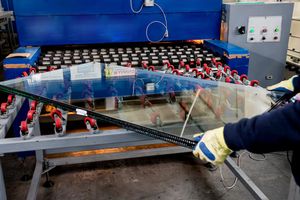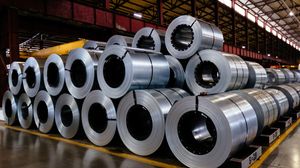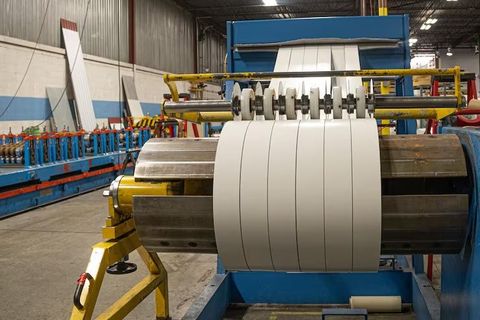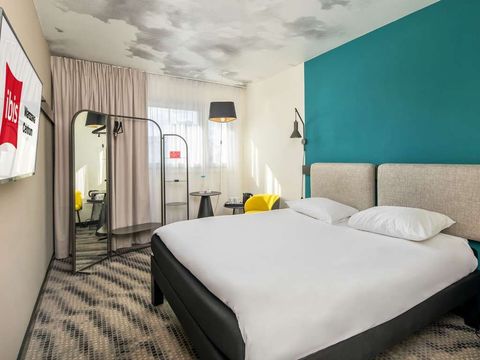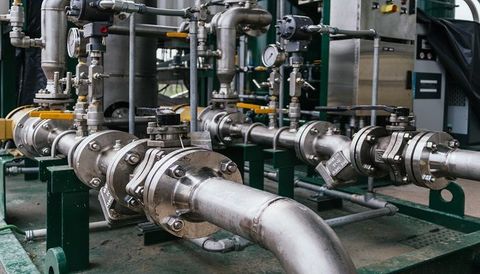Discover the Smart Way to Invest in Dubai’s Luxury Villas
Dubai’s real estate market has long been recognized as a global hub for luxury living and high-value investment. Among its many offerings, luxury villas stand out as a symbol of sophistication, comfort, and financial stability. These properties are found in some of the city’s most prestigious areas — such as Palm Jumeirah, Emirates Hills, and District One — attracting both residents and international investors seeking long-term capital growth.
The appeal of Dubai’s luxury villas goes beyond architecture or exclusivity. Investors are drawn by the city’s modern infrastructure, tax-friendly environment, and the promise of stable property returns. As Dubai continues to expand its urban development and global connectivity, owning a luxury villa has become both a lifestyle choice and a strategic financial decision.
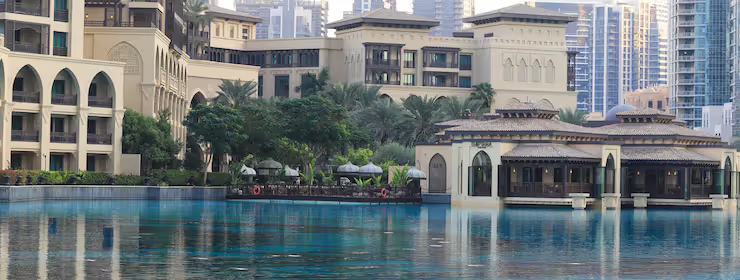
Importance
Investing in Dubai’s luxury villas matters today for several reasons. First, Dubai has successfully positioned itself as one of the safest and most transparent property markets in the Middle East. The introduction of freehold zones allows foreigners to own properties outright — an opportunity not common in many other regional markets.
From a financial perspective, Dubai’s real estate sector offers attractive yields compared to other global cities. According to market reports, luxury villa returns range between 5% and 8% annually, depending on location, maintenance, and market conditions. For global investors, this combination of lifestyle and profitability makes Dubai an appealing choice.
Luxury villa investment also appeals to professionals and families seeking permanent residency. Many investors use property ownership as a gateway to the UAE’s Golden Visa, which provides long-term residency benefits for investors meeting minimum property value thresholds.
Key Benefits of Investing in Luxury Villas:
-
Tax Efficiency: No property or capital gains tax on real estate transactions.
-
Residency Options: Eligibility for investor and Golden Visas through property ownership.
-
High Rental Yields: Consistent rental demand from expatriates and long-term tenants.
-
Strong Infrastructure: High-quality developments with modern amenities and security.
-
Market Transparency: Regulated by the Dubai Land Department (DLD) and Real Estate Regulatory Agency (RERA).
Recent Updates
The Dubai real estate market has experienced remarkable growth in recent years, with 2024 marking record-breaking sales across the luxury segment. Data from the Dubai Land Department revealed that villa transactions increased by over 30% year-on-year, driven by demand from European, Asian, and Middle Eastern investors.
Key Trends in 2024–2025:
| Trend | Description |
|---|---|
| Sustainable Living | Developers are introducing eco-friendly villas with energy-efficient systems, solar panels, and smart home automation. |
| Digital Transactions | Real estate transactions are increasingly handled through online portals, enhancing convenience and transparency. |
| Luxury Re-Defined | Modern villas now integrate wellness features such as private gyms, pools, and green spaces for better quality of life. |
| Flexible Payment Plans | Developers are offering longer payment periods, making high-end villas accessible to a broader investor base. |
| Foreign Ownership Growth | Relaxed ownership laws continue to attract international buyers from India, China, and Europe. |
The post-pandemic recovery has reshaped investment priorities. Investors are now focusing on properties that combine privacy, comfort, and long-term value. Luxury villas fit this profile perfectly, leading to consistent demand in communities like Palm Jebel Ali and Tilal Al Ghaf.
Laws and Policies
Real estate ownership and investment in Dubai are governed by several regulatory bodies and legal frameworks that ensure investor protection and market transparency.
Key Regulations and Policies:
-
Dubai Land Department (DLD): Oversees property registration, ownership transfers, and transaction documentation.
-
Real Estate Regulatory Agency (RERA): Regulates developer activities, brokerage licenses, and advertising standards to ensure fair practices.
-
Freehold Zones: Foreigners can own 100% of property in designated zones such as Dubai Marina, Downtown Dubai, and Palm Jumeirah.
-
Golden Visa Program: Investors owning property worth at least AED 2 million are eligible for a renewable 10-year residency visa.
-
Escrow Account Regulation: Developers must deposit investor funds into government-monitored escrow accounts to safeguard buyers’ money until project completion.
Property Registration Process:
| Step | Description |
|---|---|
| 1. Sale Agreement | Signed between buyer and seller/developer. |
| 2. No Objection Certificate (NOC) | Issued by developer confirming no dues on the property. |
| 3. Payment and Transfer | Buyer pays fees and submits documents to DLD. |
| 4. Title Deed Issuance | Ownership officially registered under the buyer’s name. |
These laws not only promote investor confidence but also align Dubai’s property market with international best practices.
Tools and Resources
Investing wisely in Dubai’s luxury villas requires access to accurate data, reliable service providers, and digital platforms that simplify property research and transactions.
Recommended Tools and Resources:
-
Dubai REST App (by DLD): Official government app offering real-time property data, ownership details, and market insights.
-
Bayut & Property Finder: Trusted real estate websites listing luxury villas with verified agents and updated pricing.
-
RERA Calculator: Available on the DLD website to calculate rental increases based on market rates.
-
Smart Dubai Portal: For e-services related to residency, payments, and investment registration.
-
Mortgage Calculators: Offered by local banks like Emirates NBD and Mashreq to estimate monthly payments.
-
Geo-Spatial Maps: Provided by DLD to view property zones, ownership boundaries, and development projects.
Investors can also consult licensed real estate consultants or legal advisors for guidance on compliance, contracts, and investment planning.
FAQs
1. Can foreigners buy luxury villas in Dubai?
Yes. Foreign nationals can purchase properties in designated freehold zones where they have full ownership rights, similar to UAE nationals.
2. What is the minimum investment for a Golden Visa in Dubai?
Investors must own property worth at least AED 2 million to qualify for the 10-year Golden Visa program.
3. Are there taxes on property income in Dubai?
Dubai does not impose property tax or capital gains tax. However, there is a one-time registration fee of 4% payable to the Dubai Land Department.
4. Which areas are best for luxury villa investments?
Top choices include Palm Jumeirah, Emirates Hills, Dubai Hills Estate, District One, and Jumeirah Golf Estates, known for strong resale value and rental yields.
5. How can I verify a property or agent’s authenticity?
You can check the agent’s RERA license number through the official DLD website or Dubai REST app to confirm legitimacy.
Final Thoughts
Investing in Dubai’s luxury villas represents more than just purchasing a property—it’s a long-term strategy that blends lifestyle, security, and profitability. The city’s investor-friendly regulations, transparent systems, and continuous urban innovation create a stable environment for real estate growth.
For individuals seeking both comfort and value appreciation, Dubai’s luxury villas remain a strong and resilient asset class. With the right research, legal guidance, and use of official tools, investors can make informed decisions that align with their financial goals while enjoying one of the most dynamic real estate markets in the world.

